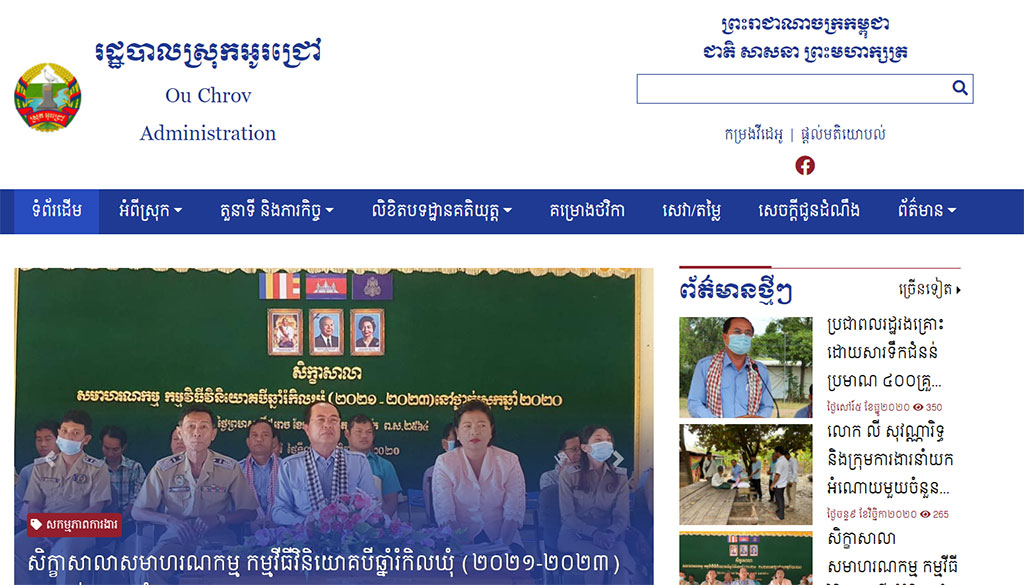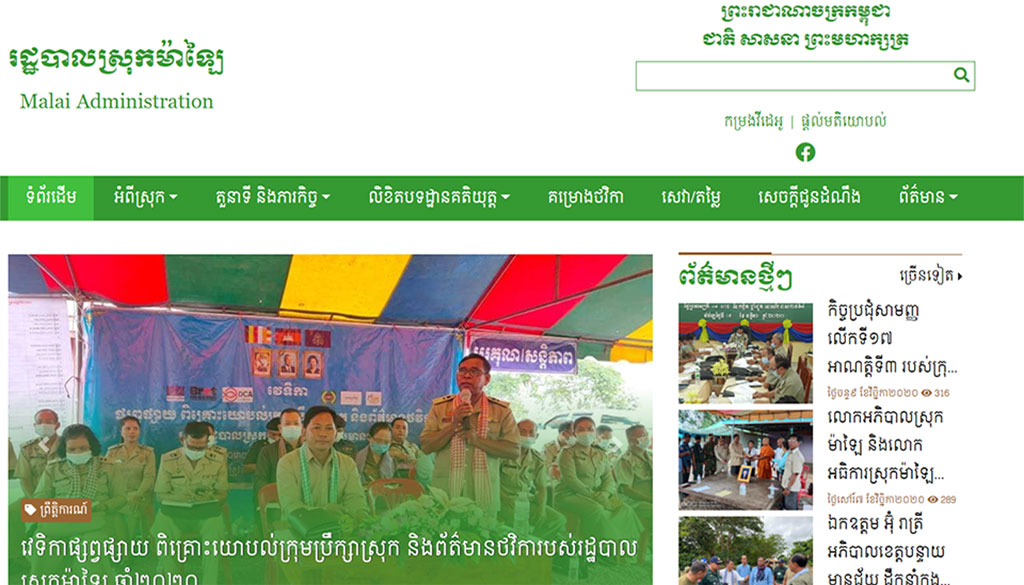When COVID-19 was declared a global pandemic in March 2020, data allowing individuals, organisations and communities to monitor the spread of coronavirus, became vital for proactive practices that a year later see social distancing, hand sanitising, and face mask wearing, habitualised globally. While this data continues to inform behavioural patterns, there has similarly grown an interest in other data that addresses the social challenges brought on by COVID-19.
While SPIDER’s Transparency and accountability programme has always worked with availing public information in accessible digital formats, the significance of open data communicating social services available to all acquired unprecedented urgency. For the millions that earn a daily living through informal means, experienced immediate lack with the various lock downs imposed to curb the spread of the virus. Governments responded with social support programmes for the most vulnerable and here the importance of data communicating which services were available and where one could access them or even the frequency of access became all the more vital. The Open Development Cambodia project has mapped several social services over the course of the partnership with SPIDER. They added to the open data portal COVID-19 cases from regional perspectives. Over and above this ODC also started a project using open data to support budget transparency at district level.
This is important for communities to track the resources being distributed to their districts and what plans have been appended to the resources. The baseline data illustrated the following sectors of interest to follow up on:
- Infrastructure (i.e roads, bridges etc.) 47.4%
- Budget 15.8%
- Health 10.5%
- Politics 7.0%
- Weather, Traffic Accidents, and Social Issues 5.3%
The communication channels through which data regarding community development projects could be accessed include the district website and Facebook page. ODC commenced this project with a number of outputs one of which involved revitalising the district webpage of Malai district, and supporting the district with additional information sources. District Ou Chrov did not have a district page, and thus ODC uploaded the information on their own platform, and in doing so also added the budget information for Malai district to ensure wider access, particularly as ODC’s platform is well known by Cambodians in general and governing ministries. The project set out to raise awareness around district budget management, and to do this, they need data on the platforms.
Cambodia has structures in place that are there to assist in improving service provision. In each district are community accountability facilitators (CAFS) who are the information bridge facilitating exchanges between the duty bearers and the communities. The study asked the CAFs their level of ICT understanding as well as ability to read and understand budget processes. All the CAFs expressed need in training to learn how to read budgets, and half of them similarly asked for training in using ICT tools for budget reading and communication. The district administration officers also requested for capacity building in budget planning and expenditure. And the current channels of access are the Facebook and a district information board and the monthly district meetings.


